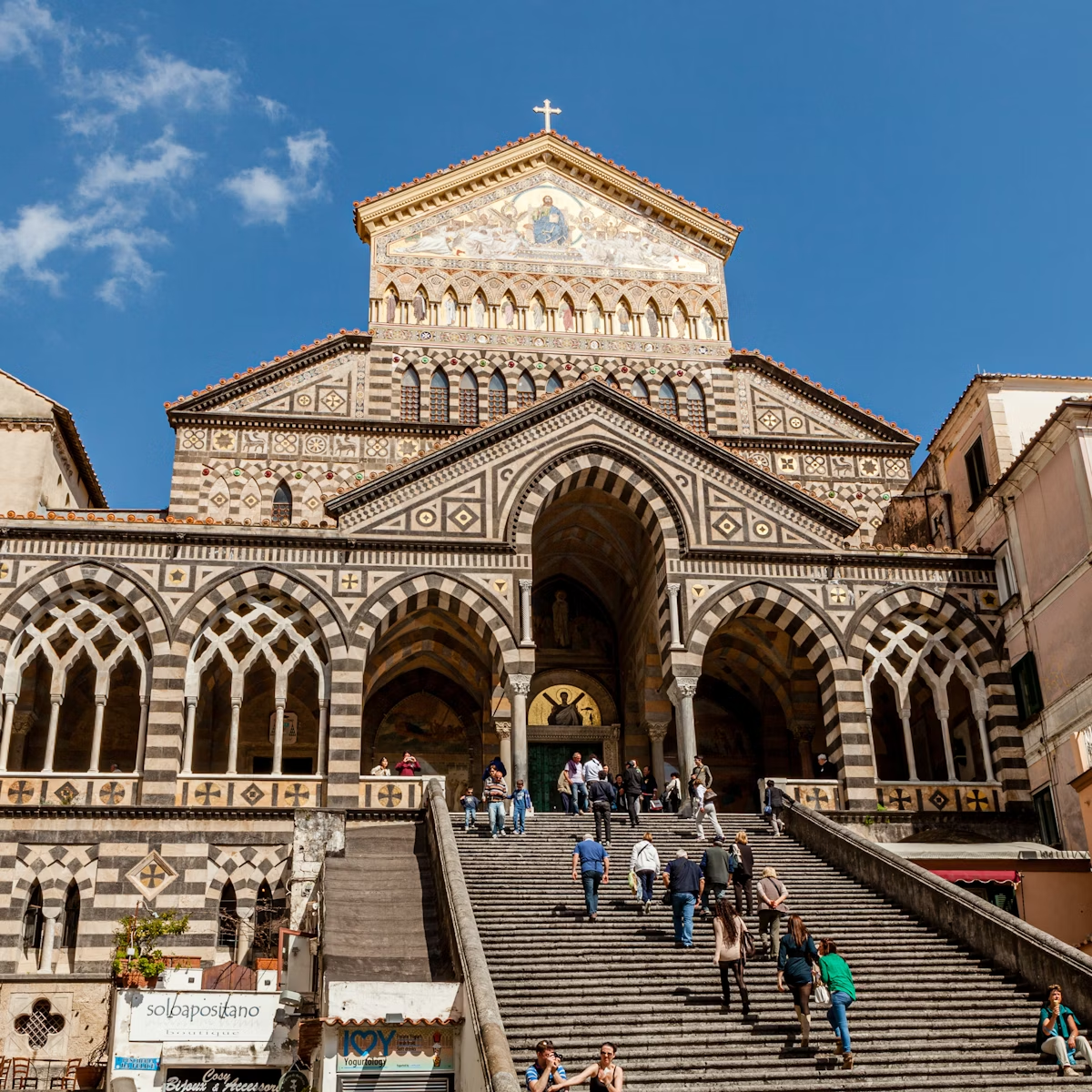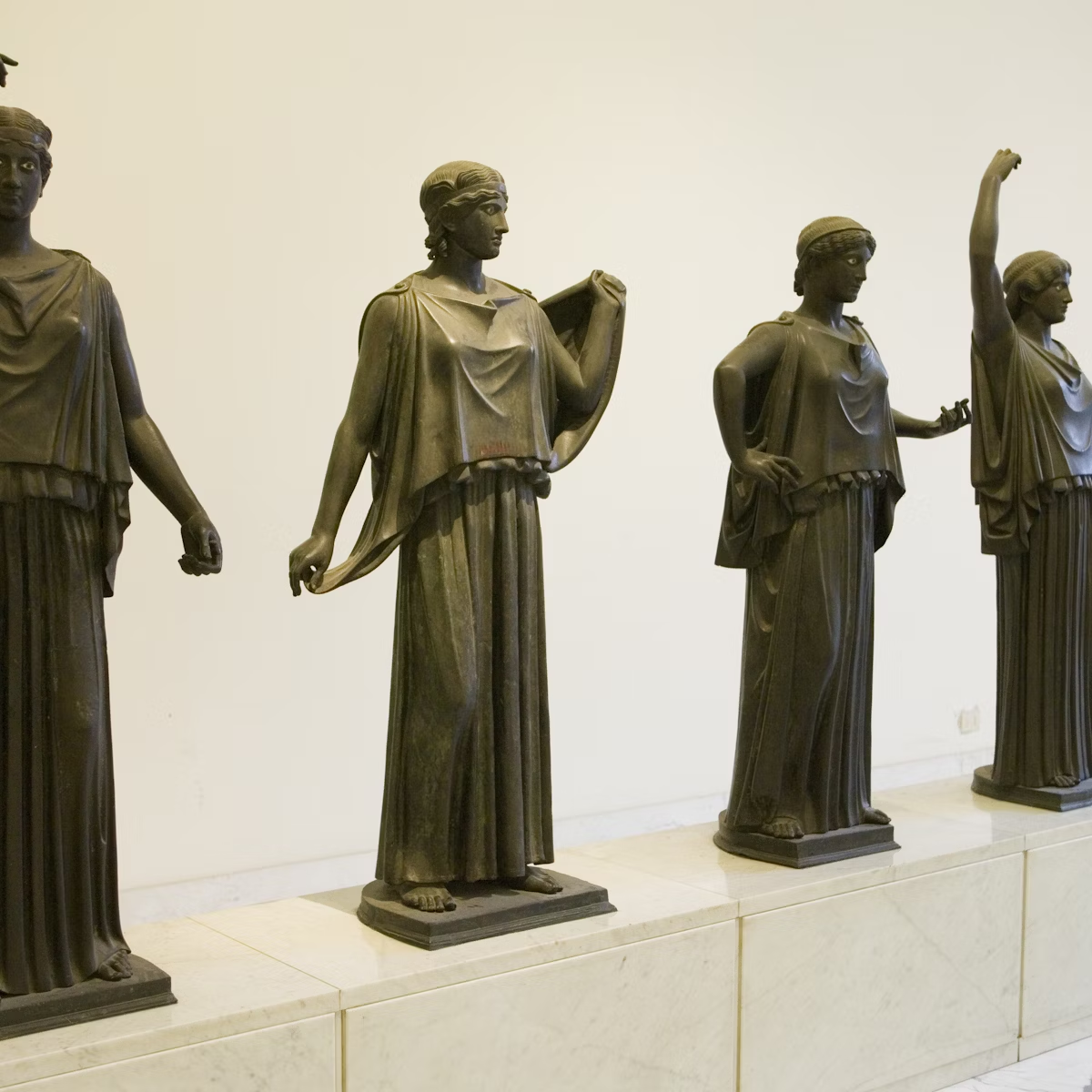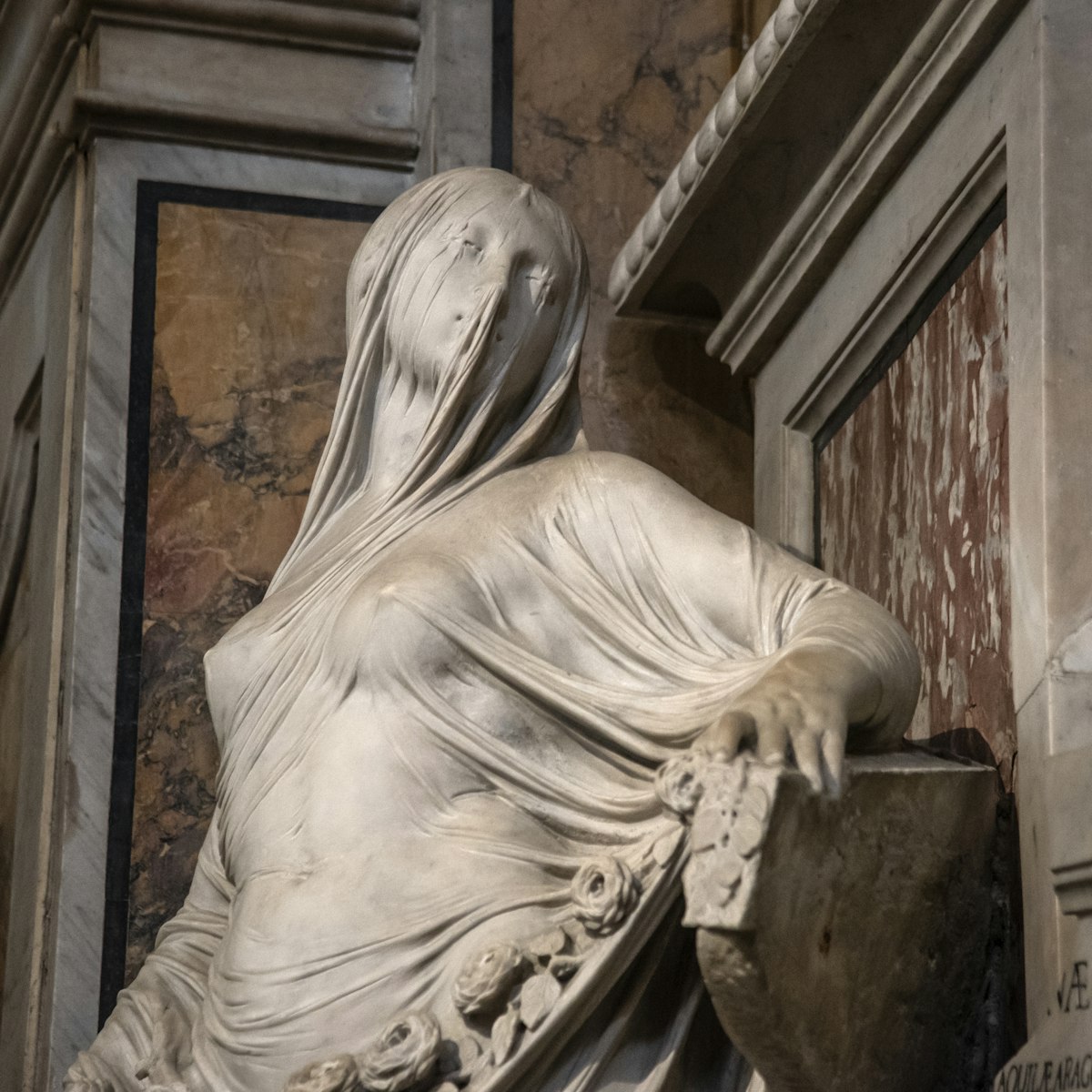The basilica at this richly layered religious complex is deemed one of Naples' finest medieval buildings. Aside from Ferdinando Sanfelice's facade, the Cappella al Rosario and the Cappellone di Sant'Antonio, its baroque makeover was stripped away last century to reveal its austere, Gothic elegance. Beneath the basilica is a sprawl of extraordinary Graeco-Roman ruins, accessible on a one-hour guided tour.
To better understand the ruins, start your explorations in the Museo dell'Opera di San Lorenzo Maggiore, which includes a model of the area as it appeared in ancient times. The museum also includes an intriguing collection of local archaeological finds, including Graeco-Roman sarcophagi, ceramics and crockery from the digs below. Other treasures include vivacious 9th-century ceramics, Angevin frescoes, paintings by Giuseppe Marullo and Luigi Velpi, and fine examples of 17th- and 18th-century ecclesiastical vestments.
The ruins themselves will see you walking past ancient bakeries, wineries, laundries and barrel-vaulted rooms that once formed part of the city's two-storey macellum (market).
Above them, the basilica itself was commenced in 1270 by French architects, who built the apse. Local architects took over the following century, recycling ancient columns in the nave. Catherine of Austria, who died in 1323, is buried here in a beautiful mosaiced tomb. Legend has it that this was where Boccaccio first fell for Mary of Anjou, the inspiration for his character Fiammetta, while the poet Petrarch called the adjoining convent home in 1345.
Guided tours in English run around five times daily on weekdays and around seven times daily on weekends. Frequency of tours may change seasonally.








